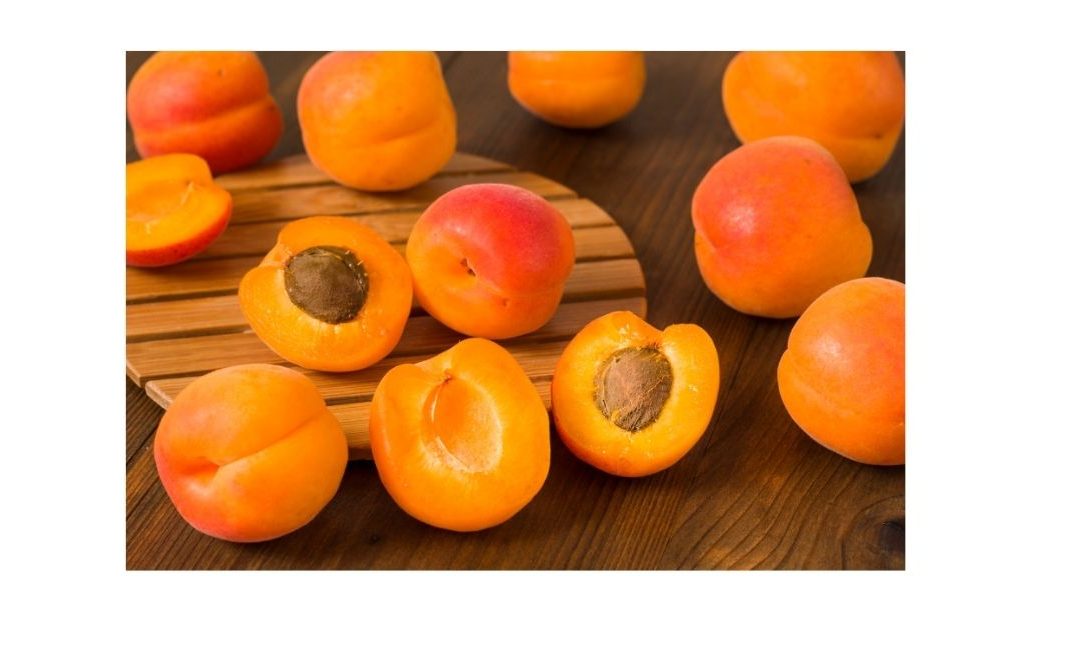Many people are wondering why apricot kernels fight cancer. They are asking if this is true and, if so, how true? Most people buy apricots to eat their fresh pink and orange blushed fruits. Chew their spongy sweet flesh and throw the pip away. But wait, the pip contains important substances that can fight cancer. This is the kernel of the apricot, and it is packed with amygdalin, a naturally occurring chemical compound. Amygdalin is supposed to fight cancer, prevent cancer and destroy tumours. It is also found in the seeds of apples, plums, peaches and cherries.
There is one drawback about consuming too much amygdalin, however: cyanide poisoning. When you consume this chemical, it is converted into hydrogen cyanide in the body. This can kill cancer cells but also normal cells. Studies show that cyanide is harmful to the brain and heart, which use lots of oxygen. The cyanide stops cells in the body using oxygen, so they die. A person has to eat up to 60 apricot kernels before the cyanide kills them. The cyanide poisons the cancer cells, and this is why apricot kernels fight cancer so well. Cancer patients need to eat 5-10 apricot kernels a day to affect cancer.

Apricot Kernels in Excess Can Be Toxic
It is vital to remember that apricot kernels are dangerous. Just one kernel can kill a toddler. According to the European Food Safety Authority, patients with cancer should only take 20 micrograms per kilogram of body weight at one time. But there are other reasons why apricot kernels fight cancer. Apricots as fruit are full of Vitamins A and C, potassium and fibre, protein and pure oil. Oil pressed from the kernel can be used in cooking – the kernels are actually used to make amaretto biscuits, almond finger biscuits and apricot jams. Apricot kernels are also packed with Vitamin E and essential fatty acids, important for immune health. The two main essential fatty acids are linoleic acid (omega 6) and alpha-linolenic acid (omega 3). These essential fatty acids are vital for normal bone growth, metabolism management, skin and hair growth and reproductive system support. Eating a few apricot kernels here and there will assist your daily health regime by boosting the immune system, reducing pain, and lowering high blood pressure.
The Debate Around Laetrile and Cancer
It seems that it is not really the real apricot kernel that fights cancer, but a synthetic form of amygdalin called laetrile which is also called Vitamin B17. Since the 1970s, doctors have been using laetrile to fight cancer. Debates still rage on about the benefits of laetrile which is being made in Mexico and some clinics in America. There are pros and cons to using laetrile to fight cancer, but research is inconclusive. The National Cancer Institute says that it can be taken as a tablet or injected to treat cancer, but there is no evidence that it cures cancer. Doctors worry that when laetrile is given to cancer patients, the levels of cyanide grow in their bodies which is very toxic. So they are recommending that cancer patients take laetrile as an additional treatment to their chemotherapy.
It is clear that the research into apricot kernels and laetrile, the synthetic version of amygdalin, is unclear and that the treatment may or may not work. Cancer patients need to check with their doctors whether they should try to take apricot kernels as these can be toxic. The same applies to laetrile.

